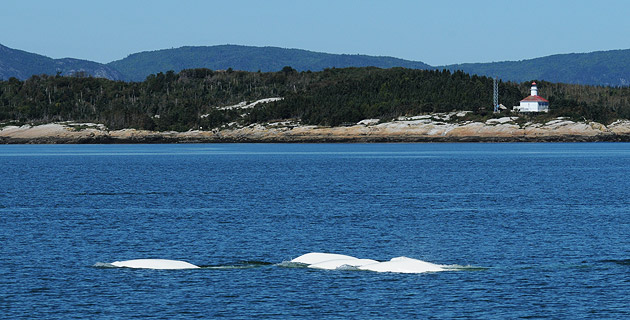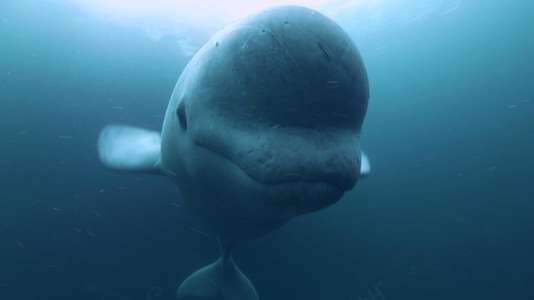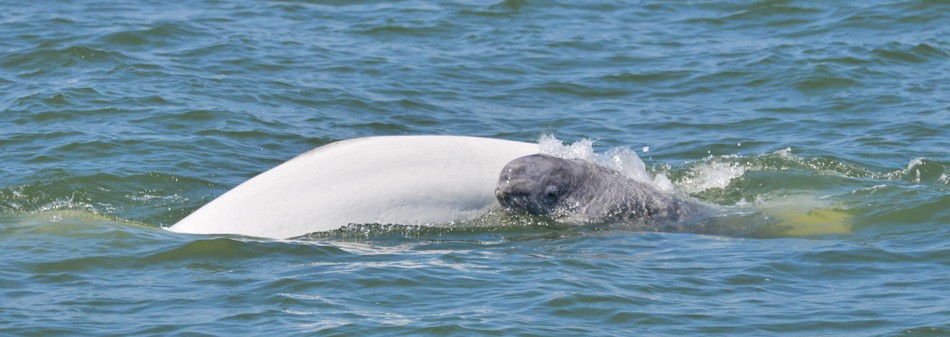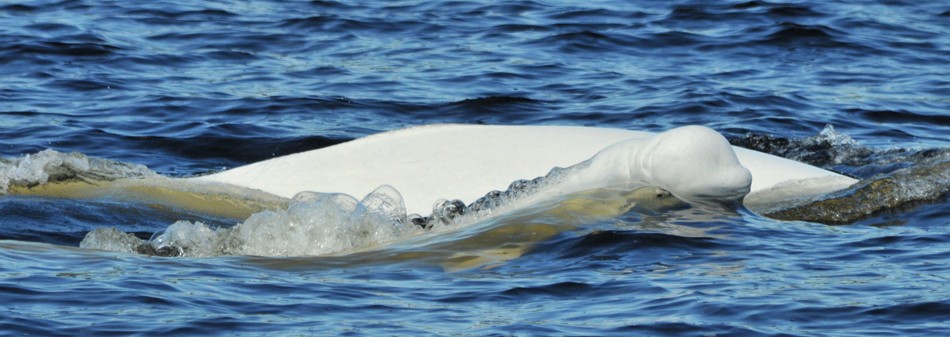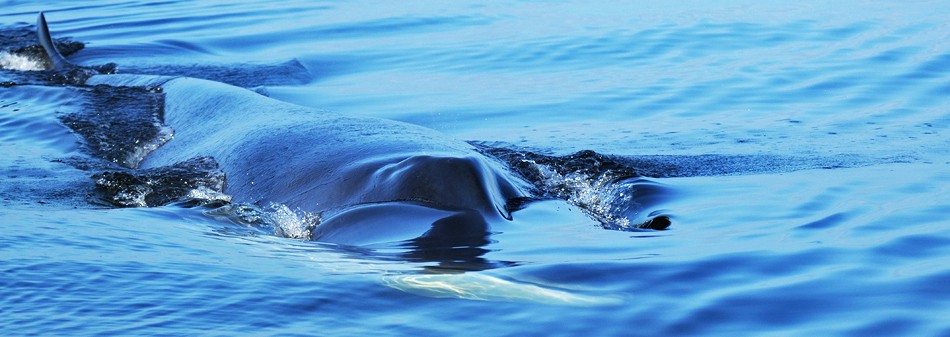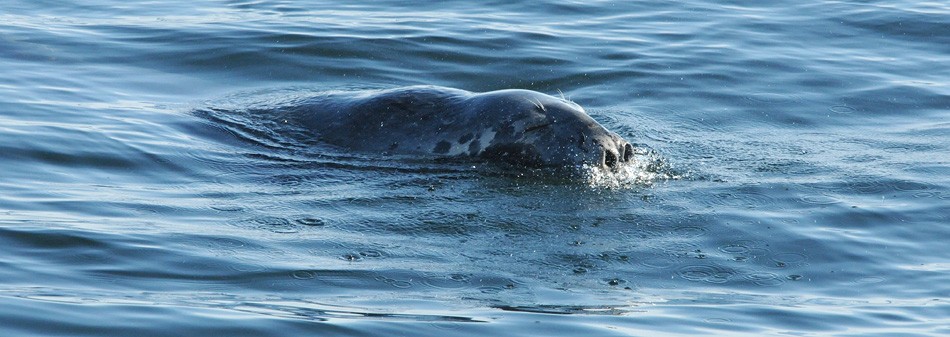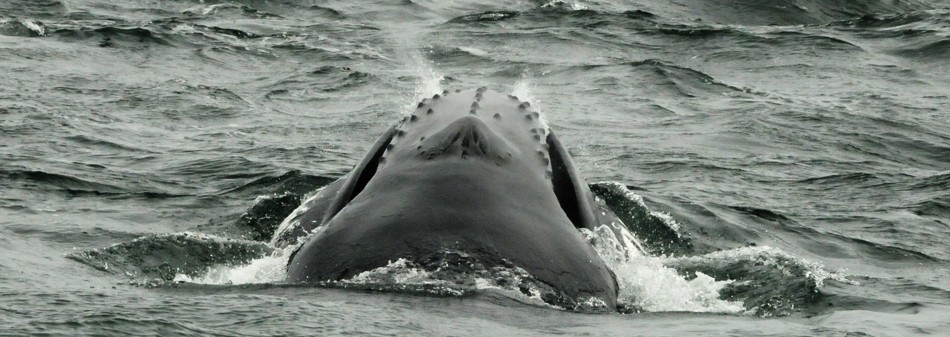04/02/2019
Master’s Degree Project on the Effects of Environmental Contaminants on Thyroid Functions of the St. Lawrence Estuary Beluga

Project
The St. Lawrence Estuary beluga population is considered as endangered since 2014. This small population of about 900 individuals lives in a marine ecosystem that is strongly impacted by anthropogenic activities upstream. As a result, chronic exposure to environmental contaminants has been suggested as a factor that may affect the health of belugas in the St.Lawrence Estuary and the recovery of this population. In addition, exposure to contaminants that may interfere with thyroid functions such as flame retardants (e.g., PBDEs) has been suggested as a potential cause for the unusually high number of deaths of parturient female belugas and their calves. However, the effects of contaminants on belugas in the St. Lawrence estuary are still unknown. The objective of this project is to study the effects of certain contaminants on genomic markers (gene expression) and hormones involved in the regulation of the thyroid axis in belugas. This project is a collaboration between UQAM (principal supervisor: Jonathan Verreault), Université de Montréal (Stéphane Lair) and Environment and Climate Change Canada (Magali Houde).
Additional information
Master level funding for a period of two years.
Field and laboratory work.
Starting in May or September 2019
Requirements
• Meet the basic admission requirements for the UQAM’s Master’s in Biology program;
• B.Sc. in Biochemistry, Biology or a related discipline. Knowledge in ecotoxicology and environmental chemistry is an asset;
• Very good command of spoken and written English and French.
To apply, send your CV and transcript (B.Sc.) before March 1st, 2019 to:
Jonathan Verreault
Département des sciences biologiques
Université du Québec à Montréal
Phone: 514‐987‐3000, ex. 1070
E‐mail: [email protected]

